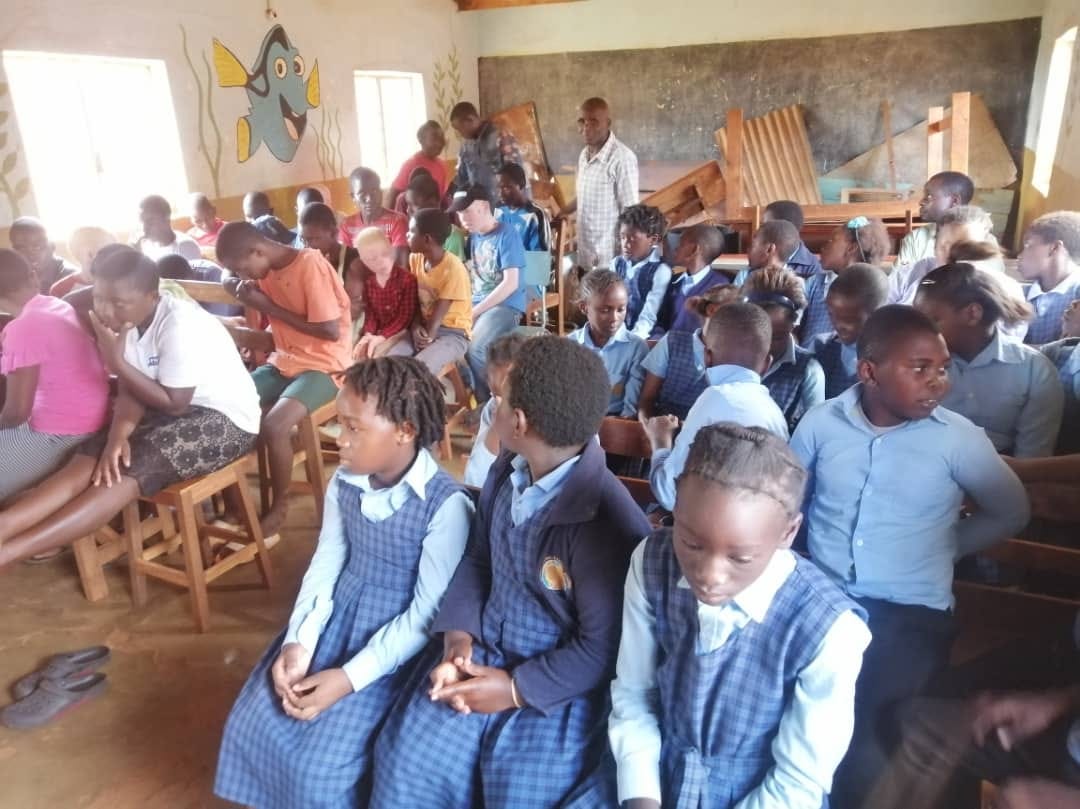Government Rescues Visually-Impaired Learners at Ekwendeni School from Funding Crisis
Malawi's Ministry of Education supports 40 visually-impaired learners to prevent dropouts, writes Draxon Maloya.
MZIMBA, Malawi — The Ministry of Education has intervened to support approximately 40 visually-impaired learners at Ekwendeni School in Mzimba district, preventing them from facing a funding crisis that could have led to dropping out, writes Draxon Maloya.
The school, grappling with inadequate financial resources from the government and the CCAP Synod of Livingstonia, was on the brink of halting teaching and learning activities.
The school, which had been operating on a monthly allocation of K400,000 from the government, has now received an increased monthly stipend of K1 million.
Alick Chibambo, a senior teacher at the school, described the situation as dire but expressed relief that the government has allocated additional funding.
Chibambo stated, "The situation at this school had reached a point where we couldn't predict what would happen the next day. The funds for operational costs were grossly inadequate, but now we are receiving a monthly allocation of K1 million."
During a visit to the school by the primary section's Charity Club of Mzuzu International Academy, visually-impaired learners had the opportunity to showcase their use of braille teaching and learning aids, aligning with the government's national reading programme.
Lindie Gondwe, a sixth-year learner at Mzuzu Academy, and Emily Mkandawire, the patron of the Charity Club, expressed their appreciation for the visit and their concern for the school's challenging circumstances due to insufficient funding.
Gondwe stated, "We feel privileged to visit our friends at Ekwendeni School. As a charity club, our motto is 'Reach out and bring a smile to someone's face.'"
Stephano Pumatti, principal of Mzuzu Academy International High School, assured me that the established partnership with the school for visually-impaired learners would help address some of the challenges they face.
During the visit, the grammar school students brought essential items worth K1 million, including maize, flour, soya pieces, cooking oils, sugar, salt, and milk, among others.



